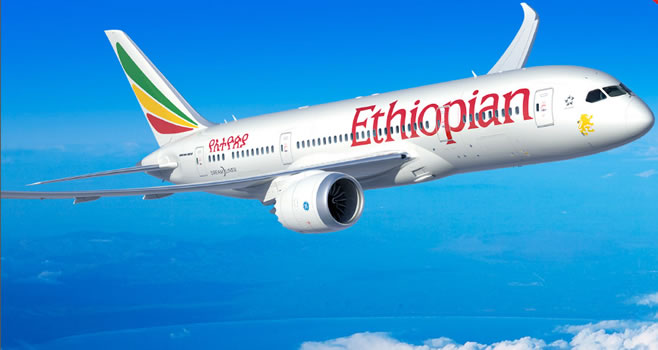The Nigerian government’s pursuit of a national carrier has been a turbulent journey, marked by controversy and diplomatic tensions. The initial attempt, a partnership with Ethiopian Airlines dubbed “Nigeria Air,” crashed and burned amidst accusations of fraud and a perceived attempt to cede control of the nation’s aviation future to a foreign entity. This sparked strong opposition from stakeholders, most notably then-Minister of Aviation, Festus Keyamo, whose vocal criticisms escalated the situation into a diplomatic challenge between Nigeria and Ethiopia. The controversy ultimately led to a meeting between the presidents of both nations, though the specifics of their discussions remained undisclosed. This high-level intervention underscores the significance of the national carrier project and its potential impact on bilateral relations.
Following the presidential meeting, President Tinubu dispatched a fact-finding delegation to Addis Ababa, the Ethiopian capital, signaling a potential shift in the Nigerian government’s approach. This move coincided with a letter sent to President Tinubu by Ethiopian Airlines representative, Michael Adebayo, expressing concern over Minister Keyamo’s public pronouncements against the project. The letter warned that the minister’s continued criticism could damage the long-standing relationship between the two countries. It also sought to address the allegations of fraud and foreign control, emphasizing the Nigerian ownership structure of the proposed airline and the intention to comply with all Nigerian aviation regulations.
Adebayo’s letter further refuted specific claims made against Ethiopian Airlines, denying any intention to utilize wet leases or foreign pilots, stating that the aircraft were to be Nigerian-registered from the outset and had already been assigned Nigerian registration numbers by the Nigerian Civil Aviation Authority. This detailed rebuttal suggests Ethiopian Airlines’ commitment to addressing the concerns raised and potentially salvaging the partnership. The diplomatic efforts and the direct communication from Ethiopian Airlines appear to have paved the way for a seemingly unexpected meeting between Minister Keyamo and Ethiopian Airlines CEO, Mesfin Tasew.
The meeting, which took place during an African Union summit in Addis Ababa, fueled speculation about a possible revival of the national carrier project. Ethiopian Airlines publicly acknowledged the meeting on social media, describing it as a “productive discussion” but omitting any details about the topics discussed. This ambiguity further fueled speculation, contrasting sharply with Keyamo’s subsequent denial of any renewed discussions about the national carrier project. He characterized the meeting as a mere “courtesy call” requested by Ethiopian Airlines, downplaying its significance.
However, the sequence of events – the presidential meeting, the fact-finding mission, the letter from Ethiopian Airlines, and the meeting between Keyamo and Tasew – suggests a more complex narrative than a simple courtesy call. The backdrop of diplomatic tension and the previous strong stance taken by Keyamo raise questions about the true nature of the discussions. It remains to be seen whether the Nigerian government is genuinely reconsidering its position on the partnership with Ethiopian Airlines or if Keyamo’s denial is a strategic move to manage public perception and navigate the complexities of international relations.
The future of Nigeria’s national carrier ambition remains uncertain. The government’s initial attempt ended in controversy, leaving a legacy of mistrust and suspicion. While there are indications of renewed dialogue with Ethiopian Airlines, the conflicting statements from Keyamo and the airline itself create ambiguity. Whether the project will be resurrected in some form, or if Nigeria will pursue a different path towards establishing a national carrier, remains to be seen. The outcome will depend on a complex interplay of political considerations, economic realities, and the delicate balance of international diplomacy.


